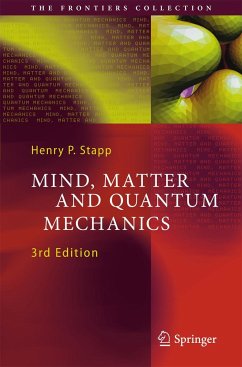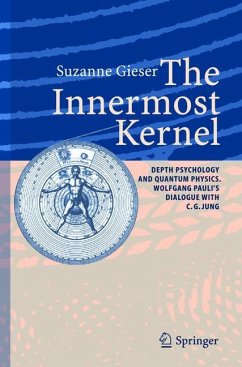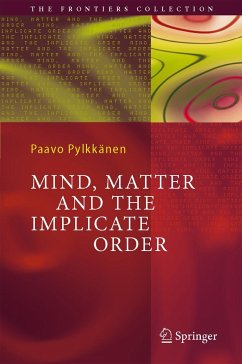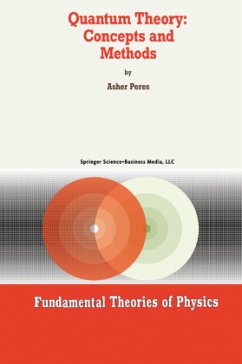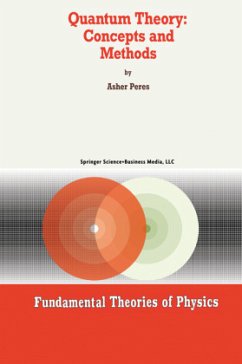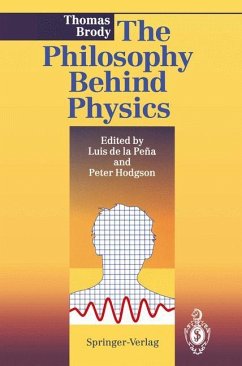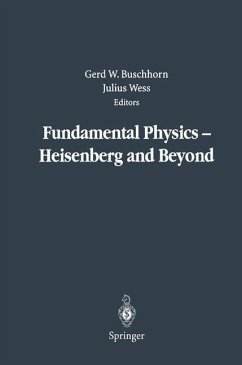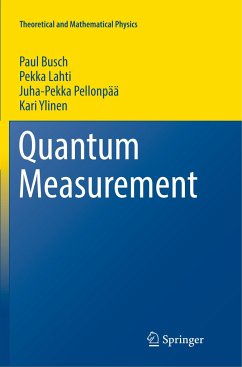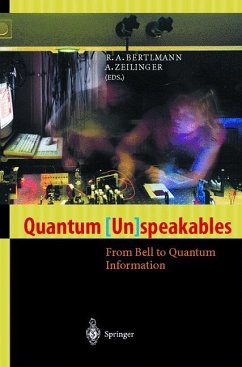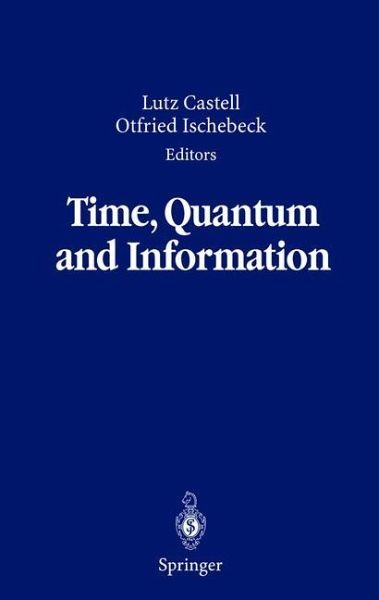
Time, Quantum and Information

PAYBACK Punkte
39 °P sammeln!
The articles treat subjects such as the social responsibility of scientists, thermonuclear processes in stars and stellar neutrinos, turbulence and the emergence of planetary systems.
Considerable attention is paid to the unity of nature, the nature of time, and to information about, and interpretation of, the structure of quantum theory, all important philosophical problems of our times.
The last section describes von Weizsäcker's ur-hypothesis and how it will theoretically permit the construction of particles and interactions from quantized bits of information.
Considerable attention is paid to the unity of nature, the nature of time, and to information about, and interpretation of, the structure of quantum theory, all important philosophical problems of our times.
The last section describes von Weizsäcker's ur-hypothesis and how it will theoretically permit the construction of particles and interactions from quantized bits of information.
This publication centers on the extraordinary ideas in and concepts of physics of th CarI Friedrich von Weizs?cker. At the time of his 90 birthday on June 28, 2002, it seems the right moment to try such a survey. The themes of two Festschrifts for CarI th th Friedrich von Weizs?cker on the occasion of his 60 and 70 birthdays (E. Scheibe and G. Suessmann (eds. ): Einheit und Vielheit, and K. Meyer-Abich (ed. ): Physik, Philosophie und Politik) were his unique capability to encompass physics, philosophy and politics. He may be more known publicly today for his efforts for containment of the Cold War nuclear threat, for the abolition of war as an instrument of international politics, for the social responsibility of scientists, and for the Conciliar Process of the Churches for Justice, Peace and the Integrity of Creation. But physics has been his primary professional vocation and has always remained in the center of his thought and life. But even in light of the physics focus of this book, it would not do justice to CarI Friedrich von Weizs?cker to re strict his achievements in physics to efforts only accessible to professionals. The contributions in Part 1 show how his very concentration on physics has led him to take an active part in problems of politics, social change, philosophy and religion.





